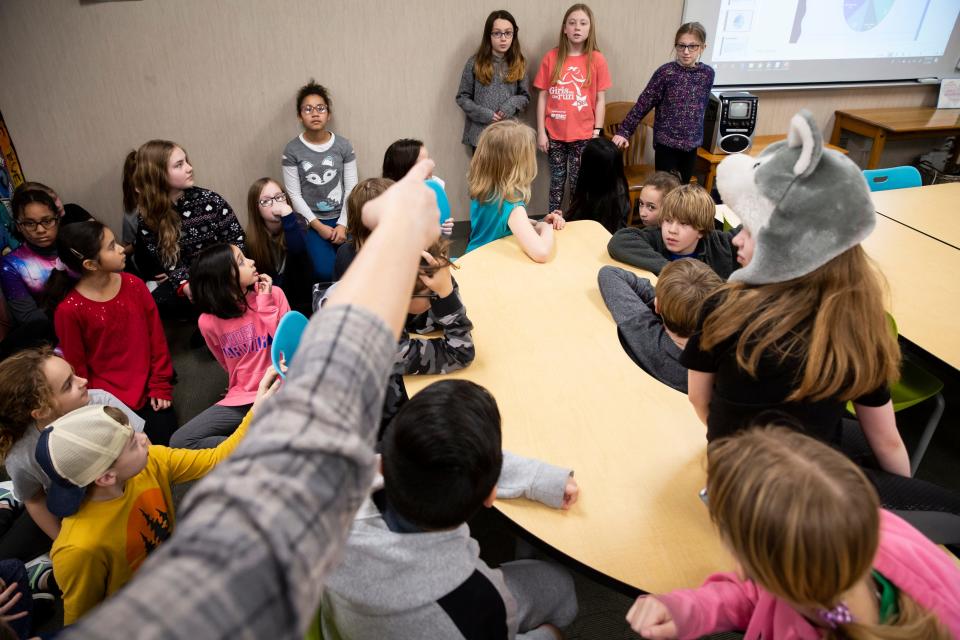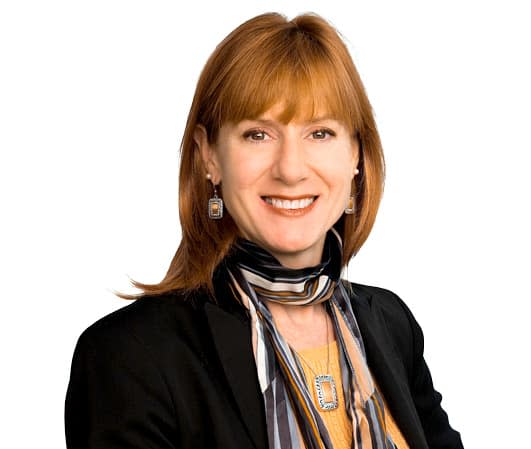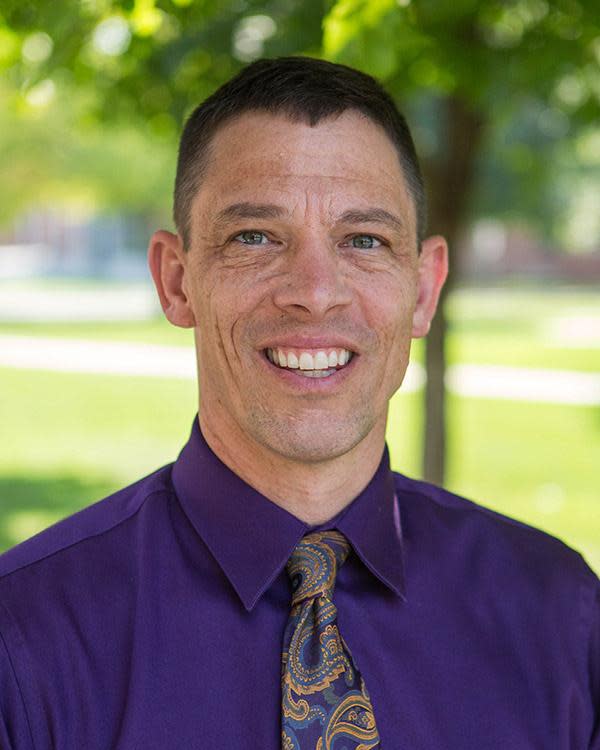Opinion: Teachers are not all right. These solutions could help.
Teaching has always been a stressful job. Research has shown that teaching has traditionally ranked at the top of the list of the most stressful professions, usually alongside police officers, airline pilots and military personnel. But the pandemic has severely increased teachers' stress levels.
The number of new and challenging components of pandemic teaching has clearly impacted teachers' mental health. Masking mandates and enforcement, pandemic learning loss, and the political discourse in the country related to education are all having negative impacts on teachers. And the solutions provided by many schools and district administrators — "take a yoga class," for instance — are simply not adequate to address these mental health challenges.
Beyond stress, these challenges are impacting teachers' happiness with their chosen profession. A recent study found that job satisfaction is at an all-time low. If we do not address the issues impacting teachers, the rate of resignations is likely to severely worsen the teacher shortage that many districts and states are already experiencing.
We have both worked in districts and schools and we have been in enough classrooms over the past two years to experience firsthand the increased stressors. Fortunately, we have also seen schools, districts, and universities start to address mental health needs using effective tools.
As in most challenges in life, there is no simple answer to supporting educators. But we have found that there are quite a few structural changes that can positively impact them.

Flexibility
Almost every profession has made major changes since the pandemic began. Whereas the 9-to-5 in-office job was common for decades, the pandemic caused businesses to quickly realize that most of their staff didn’t want a rigid schedule, and they didn’t need one. Teachers are no different.
Schools have traditionally been inflexible work environments, but we have found many schools and districts have increased options for individual teachers by being creative, such as offering multiple, overlapping schedules within a single school. For example, some high schools now offer an extra period at the beginning and end of the school day, at times expanding the school day to more than eight hours. Schools have one set of teachers on an early morning/early afternoon schedule, while others are on a late morning/late afternoon schedule. This type of flexible environment creates extra class periods to provide more class offerings to students and often lowers class size.
Other schools are experimenting with year-round schooling. These options provide teachers more flexibility in their schedules, while increasing learning time for students and potentially starting to address the major learning gaps caused by remote learning and the pandemic.
School district-university partnerships
Schools often have been too distant from the universities that prepare their teachers to enter the profession. Maybe they hold recruitment fairs for graduates, but they have rarely delved into university work and curriculum. Now that districts are facing a huge teacher shortage, we have seen many districts coming to us to learn more about our current students.
Districts may be actively creating partnerships for their own self-interest, but universities need to use this newfound interest to further expand their work with local schools. Buena Vista University has partnered with a local district, Storm Lake Community Schools, to have pre-service teachers work in their summer school program as well as serve as substitute teachers throughout the school year. These initiatives are a great way for educators to hone teaching skills, serve the community, meet future colleagues and help support school children.
These types of partnerships and collaborations are only going to help teachers feel more secure when they enter their own classroom.
Work-life balance
In a recent Rand study, a plurality of teachers reported that personal child care and caregiving was a major issue causing them stress at school. Schedule flexibility may help, but being able to create school-based child and elderly care opportunities may help even further. Some schools have created child care for teachers in the same school building where they work. These preschool programs allow teachers to check in on their children throughout the day and know that their kids are safe and secure.

Innovative, intergenerational programs have also been established in schools. These programs bring elderly residents and young children together in the same building and create overlapping programs, such as dance, storytelling and meals. Not surprisingly, these types of programs have found that there is a mutual benefit for both generations. As many teachers are caregivers for both the young and old, we should expand these types of programs and bring them to their workplace.
There are many causes of teachers' increased stress levels and decreased job satisfaction, so it is impossible to create a single strategy that will help all educators. But by starting with a few comprehensive changes, we may be able to make teachers feel better that their jobs are moving in the right direction. And we must solve this problem. As baby boomers retire and teachers resign at record levels, schools are already facing shortages. School leaders need to deeply engage with their teachers to find solutions to the challenges that their employees are facing.

Susanne H. Thompson is president of teacher education for the Colibri Group, the parent company of Moreland University. Lucas DeWitt is assistant professor of teacher leadership, curriculum and instruction at Buena Vista University in Storm Lake.
This article originally appeared on Des Moines Register: Opinion: Teachers are not OK. These solutions could help.

